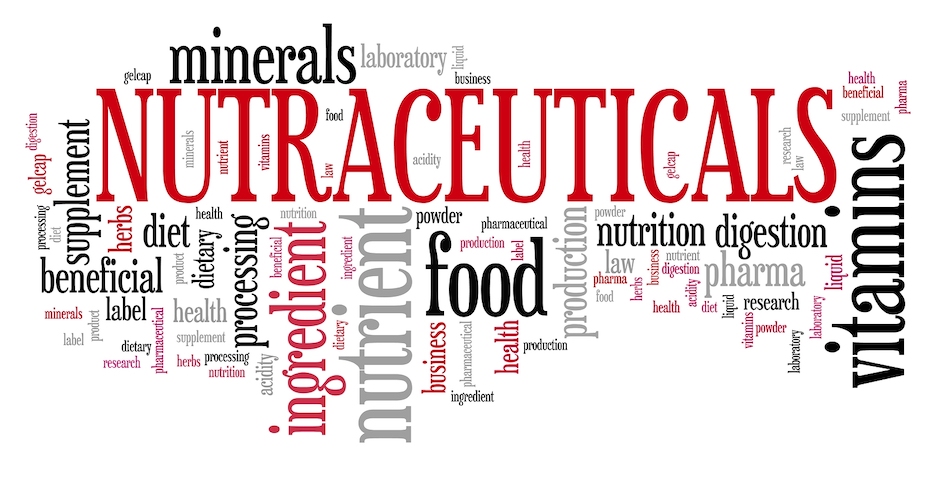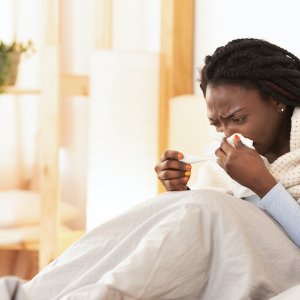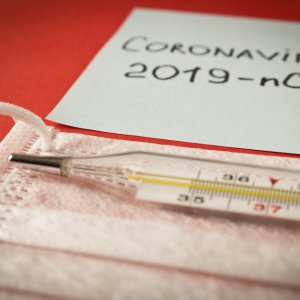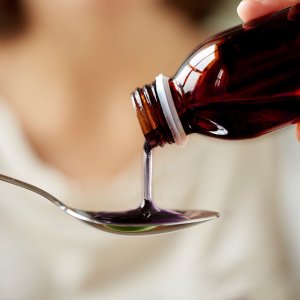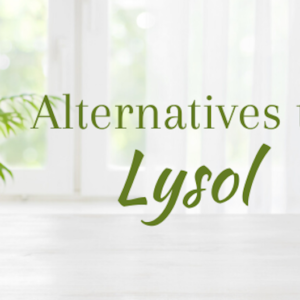Right now more than ever, people want to know about natural ways to boost immunity. We all know that diet, exercise, and other lifestyle choices can make or break our immune system. But what about nutritional supplements? Which nutraceuticals are best for boosting immunity to combat COVID-19? And what supplements can you take to help prevent getting sick? Check out this list of some of the best ways to beef up your immune system and avoid getting sick.
Updated to include even more natural options to combat SARS-CoV.
A Word About Inflammation
Many of the remedies below provide support by reducing inflammation in the body. It is important to note that inflammation is critical to the body’s immune response because it helps the body to fend off infection and repair damaged tissue. However, at certain times, inflammation can do more harm than good.

In the case of COVID-19, the leading cause of death is acute respiratory distress syndrome (ARDS). ARDS is caused by pro-inflammatory immune cells in the respiratory tract. While these immune cells are simply doing what they are programmed to do to fight the infection in an infected person’s lungs, the inflammation can be a major problem for some people. This is why many nutraceuticals to combat COVID-19 include products that help to reduce or shut off the body’s inflammatory immune response.
Vitamin C
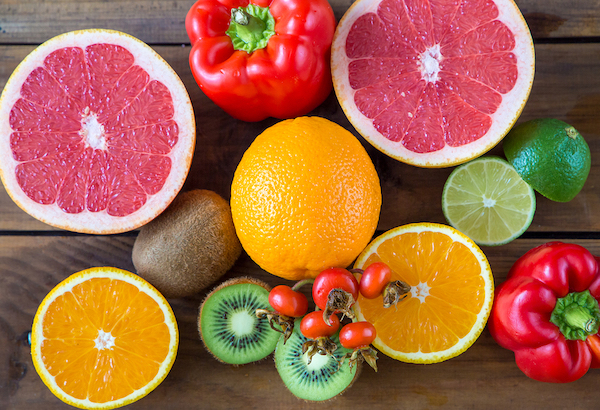
Vitamin C, or ascorbic acid, is a powerful antioxidant that is essential for the growth and repair of tissues. It also strengthens the capillaries that carry oxygen and other necessary nutrients to all parts of the body via the bloodstream. Healthy blood function is vital when your body is fighting off intruders like influenza. Studies show that vitamin C supplementation can both prevent and treat systemic infections.
Clinical trials to test the efficacy of intravenous vitamin C to treat COVID-19 are currently underway. Researchers speculate that vitamin C may speed recovery because vitamin C is not only an antioxidant, but it may also interfere with viral replication. Additionally, large doses of vitamin C may help relieve symptoms of associated acute respiratory distress syndrome (ARDS).
Zinc
Zinc is another antioxidant that boosts immunity by reducing oxidative stress on the body. Studies show that zinc also plays an important role in the function of T cells. It may help inhibit the release of pro-inflammatory cytokines. This is especially helpful for patients with autoimmune disorders or those at risk for cytokine storm (CRS). Learn more about CRS here.
Vitamin D3
When it comes to immunity, vitamin D is a key player as well. Deficiency in vitamin D, the sunshine vitamin, is associated with increased autoimmunity as well as an increased susceptibility to infection.

One of the main concerns with coronavirus is airway inflammation that leads to ARDS. Human airway cells have vitamin D receptors, and when vitamin D binds to these receptors, it may actually decrease pro-inflammatory cytokines in lung tissue.
Furthermore, vitamin D3 deficiency increases susceptibility to acute viral respiratory infections, especially those caused by enveloped viruses like the coronavirus. This is likely because vitamin D3 triggers the release of peptides that destabilize the viral envelope.
Whether vitamin D can cure the flu or coronavirus or any other pathogen is not certain. However, we do know that it benefits the immune system and promotes respiratory health. This makes it unquestionably a valuable nutraceutical for immunity.
Vitamin B3 (Nicotinamide)
Vitamin B3, or niacin, is a water-soluble antioxidant that also helps regulate healthy cholesterol levels. Research demonstrates that B3 can potentially reduce lung inflammation by inhibiting the immune response of neutrophil infiltration into the lungs. Once again, niacin won’t cure coronavirus, but it can boost immunity and improve lung function to speed healing when you are sick.
Glutathione and N-Acetyl Cysteine (NAC)

NAC is an important amino acid that helps the body replenish glutathione. Glutathione is a very powerful antioxidant that strengthens cells and builds the immune system. Studies show that NAC also inhibits virus replication, making this an important amino acid for fighting off viral infections. Additionally, NAC and glutathione support the respiratory system by reducing inflammation in the airways and acting as an expectorant.
Melatonin
Melatonin is currently being studied for its benefits to help treat or protect against viruses such as COVID-19. Because one of the paramount risks of this virus is inflammation in the airways, melatonin may be helpful for its anti-inflammatory effects in the body. In fact, studies show that melatonin may be effective at increasing immune function and decreasing pro-inflammatory cytokines during viral infections.
Melatonin is not an antiviral drug. However, it may help reduce the severity of symptoms and promote faster healing to help combat viral infections like COVID-19.
Quercitin
Quercitin is a flavonoid with antioxidant benefits to the body. It helps to reduce various kinds of inflammation, and some people claim it helps alleviate allergy symptoms. Additionally, studies show that quercitin acts as an antiviral by interacting with certain viral proteins and inhibiting viral entry into the cell. While this evidence is based largely on quercitin’s actions on influenza, researchers postulate that it may exert the same mechanism on other viruses, including the coronavirus.
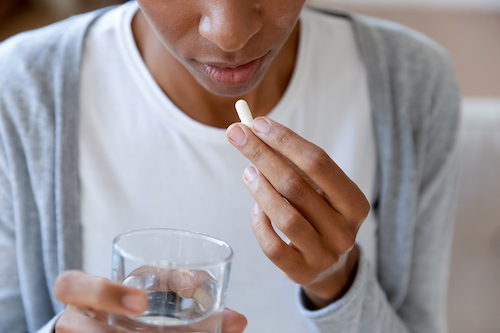
Palmitoylethanolamide (PEA)
PEA is a fatty acid amide that is naturally produced when the body needs to battle pain or inflammation. PEA supplementation provides an efficient means of dealing with inflammation from chronic conditions. A review of several studies encompassing over 4,000 patients, shows the role of PEA as an anti-inflammatory agent as well as as a therapeutic option for relieving symptoms associated with influenza and the common cold.
Specializing Pro-Resolving Mediators (SPMs)
SPMs are derived from poly-unsaturated fats, like omega-3 fatty acids. Research shows that they play a crucial role in switching off the body’s inflammatory response. They do not prevent inflammation initiated by the immune system, rather they down-regulate the process to shut-off the inflammatory response.
Curcumin
Curcumin is the primary active ingredient in turmeric. It has powerful anti-inflammatory and antioxidant effects. For centuries, many cultures have used Curcumin and turmeric as a spice in curries as well as for medicinal purposes. When it comes to the COVID-19 virus, Curcumin interferes with viral cellular processes and prevents viral replication.
Epigallocatechin Gallate (ECCG) Found in Green Tea
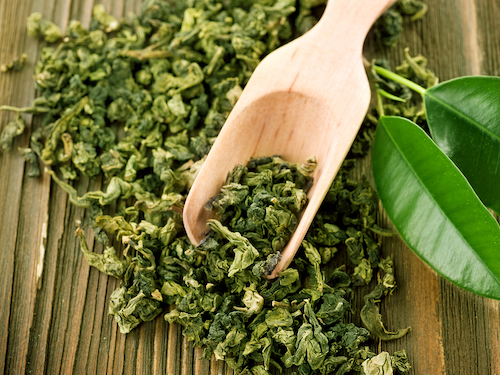
EGCG is a type of catechin found in green tea. This compound has promise for combatting the influenza virus as well as other types of viruses, including coronaviruses. Studies show that ECGC inhibits the binding of a key viral protein to cell–surface molecules. It also destroys virus particles by binding to the surface of the viral envelope and inhibiting the transcription of the virus. So you may want to add a cup or two of green tea to your daily regimen. Learn more about the Immune-boosting benefits of tea in this post.
Resveratrol
Resveratrol is an antioxidant polyphenol found in certain plants, such as red grape skins. Many people use it for its proclaimed anti-aging benefits. But that glass of wine may not just slow down oxidative stress and the aging process, it also benefits the immune system. A recent study showed that resveratrol significantly inhibited MERS-CoV infection and prolonged cellular survival after virus infection. Additionally, the cells treated with resveratrol had better survival rates after infection with the COVID virus. You can get some resveratrol from red wine, or take it in a supplement.
The Choice is Yours
This article simply shares some research about emerging nutraceuticals that may help combat or relieve symptoms associated with COVID-19. Certainly, a person would not need to take every supplement in this list. Read through them and discern whether or not you think you may benefit from any of the above treatments. And remember, the best way to protect yourself is by following simple guidelines. Learn more about Protecting Yourself from Coronavirus.
